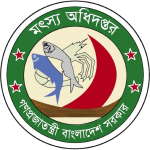In June 2015, the Government of Bangladesh continued to enforce a 65-day nationwide ban on marine
fishing across the Bay of Bengal. The measure, implemented from 20 May to 23 July 2015, was designed to
protect marine biodiversity and allow fish populations—especially key species like hilsa and marine shrimp—to
spawn and regenerate. While the ecological objective was widely praised, the ban also exposed the deep social
and economic vulnerability of Bangladesh’s coastal fishing communities.
According to reports from the International Collective in Support of Fishworkers (ICSF) and local fisheries
departments, more than 400,000 small-scale fishers and their families were directly affected by the fishing
closure. The restriction applied not only to large industrial trawlers but also to small and artisanal boats, many
of which depend on daily fishing for food and income. This was the first time the government had extended the
ban to all fishing vessels, regardless of size or gear type, signaling a significant shift toward comprehensive
marine conservation.
The ban immediately led to economic hardship in coastal districts such as Cox’s Bazar, Patuakhali, Barguna,
Bhola, and Chittagong, where fishing is the main livelihood. Thousands of families faced income loss, and
many fishers struggled to afford basic necessities. In response, the government initiated a relief program under
its Vulnerable Group Feeding (VGF) scheme, promising to distribute rice and essential food items to the
affected households. However, implementation was uneven—local media and non-governmental organizations
reported delays and irregularities in relief distribution.
Despite these challenges, fisheries experts emphasized the ecological necessity of the closure. Decades of
overfishing and unregulated trawling had depleted marine stocks, threatening long-term sustainability. The 65-
day ban was introduced as part of a broader conservation strategy, including the creation of fish sanctuaries and
seasonal protection of spawning zones.
Environmental groups such as the WorldFish Center and the Bangladesh Marine Fisheries Academy
supported the initiative, noting that temporary restrictions on fishing could lead to improved catch rates,
healthier ecosystems, and greater long-term income for coastal communities once stocks recovered.
Still, community leaders and local cooperatives urged the government to provide more comprehensive support
systems—such as alternative income opportunities, training programs, and microcredit—for fishers during the
ban period. They stressed that without adequate social protection, compliance with future closures would
become increasingly difficult.
The 2015 fishing ban thus became a turning point in Bangladesh’s marine resource management: it
demonstrated the government’s growing commitment to conservation while revealing the urgent need for better
planning and livelihood safeguards for vulnerable fishing communities.
Source link:
https://icsf.net/newss/bangladesh-65-day-ban-on-fishing-will-hurt-over-400000-poor-coastal-families/

















